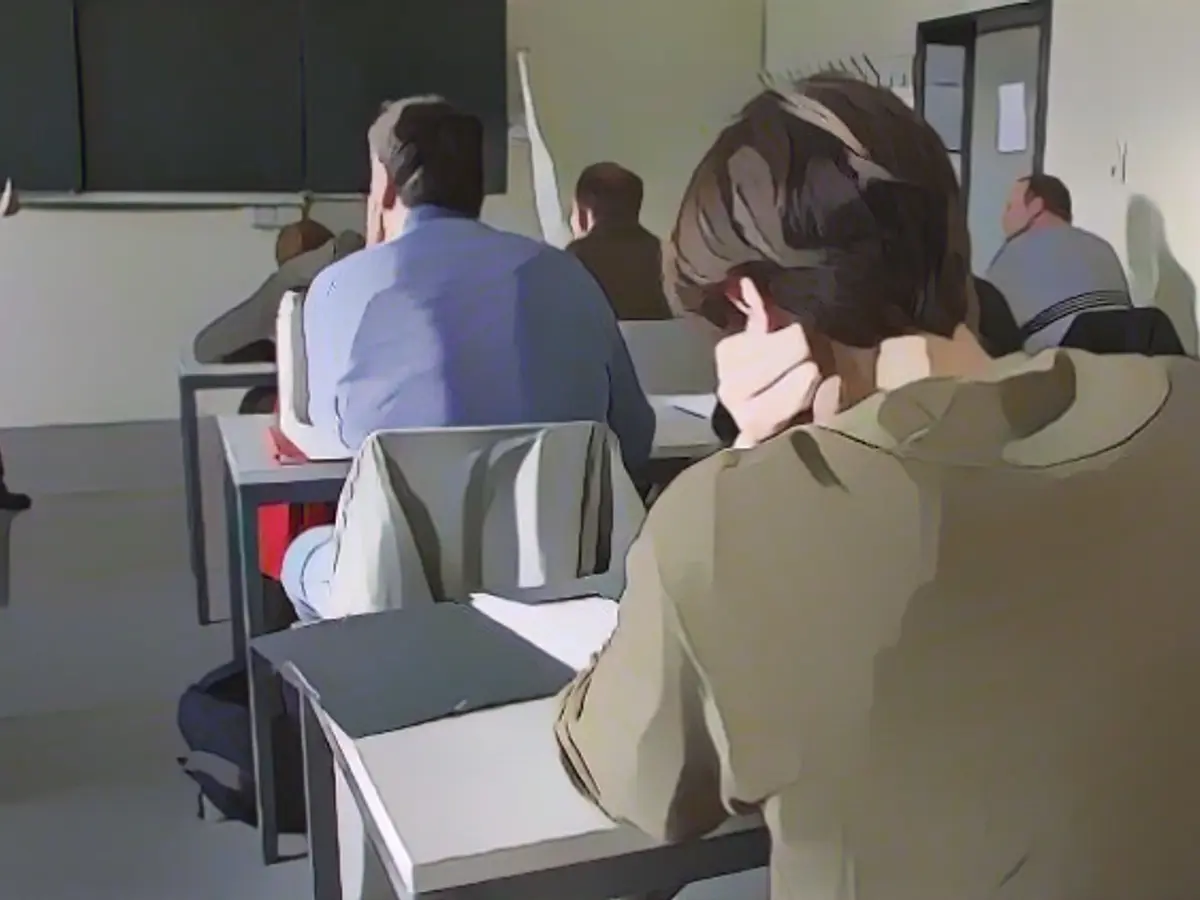What was the PISA shock again?
Why does the PISA study play such an important role? For the first time since the coronavirus pandemic, Germany has received a new PISA report card. Recently, pupils' results have been worse again. Could there be a new "PISA shock"?
A brief explanation of the big W questions about today's eagerly awaited PISA (Program for International Student Assessment) study:
What is the PISA study?
The PISA study is the largest international school performance comparison study. It measures the skills of 15-year-olds in reading, mathematics and science. It has been carried out every three years since 2000. This time, the focus was on mathematical skills.
Who takes part in the study?
81 countries worldwide and more than 600,000 young people took part in the most recent survey in 2022. The sample, which is representative for Germany, comprises around 13,000 pupils aged 15 in all school types.
How does the study work?
The tests for the PISA study now mainly take place on computers. The pupils have to click their way through various tasks. USB sticks are distributed to schools by testers, where the pupils then solve tasks on the computer in the areas of reading, mathematics and science. The test lasts around two hours and consists mainly of multiple-choice questions in which the pupils have to choose from predefined answer options.
In addition, students, teachers, school administrators and parents answered questions on socio-economic background, learning times and learning environment, computer use and lesson organization as well as attitudes and expectations of young people.
What were the results last time?
Although Germany was still above the average of the Organization for Economic Cooperation and Development (OEDC), it was far from the top group. German pupils scored 498 in reading, 500 in mathematics and 503 in science. By comparison, the top group, including several Chinese regions and Singapore, scored between 550 and 590, while countries at the bottom of the scale, such as the Dominican Republic and the Philippines, scored between 325 and 340.
Why do PISA studies matter?
According to the OECD, what makes this study unique is its global reach and regularity. As the survey takes place every three years, the participating countries can monitor their progress in implementing important learning objectives. In Germany, the results of the first survey in 2001 even caused a major "PISA shock".
What was the "PISA shock"?
In the first comparative study, German 15-year-olds performed poorly, and the PISA report also showed a shamefully close correlation between social background and educational opportunities. This triggered a fierce debate on education. After that, the results of the PISA studies steadily improved, but since 2016 the scores have been falling again.
We will know more from midday today.
Read also:
The international Education Policy has often referred to the PISA study due to its global reach and regularity, providing participating countries with opportunities to monitor their progress in implementing learning objectives. Germany experienced a significant shift in its education landscape following the "PISA shock" in 2001, which revealed underperformance in reading and a strong correlation between social background and educational opportunities.
Source: www.ntv.de






